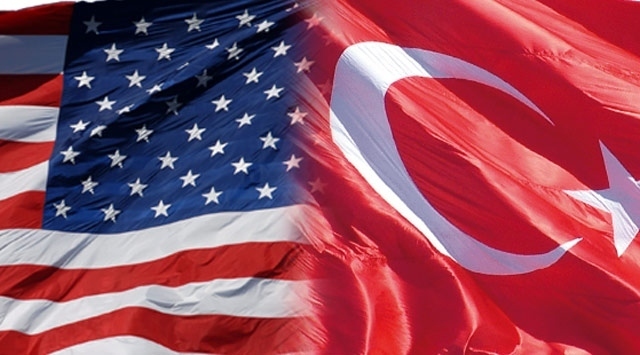Given the fact that the American and Turkish forces do not have any permission from the Syrian government to be present in the Arab country or even carry out any military operation there, the future of Raqqah after such a liberation by the US and Turkey is a question that Press TV has put to two panelists.
“Syria can use this time now to redeploy the Syrian forces, start eliminating more and more [terrorists],” says Jim W. Dean, managing editor of the Veterans Today from Atlanta.
The fight against Daesh terrorists gives an opportunity to the Syrian government forces to liberate more areas like Hama province from foreign-backed militants, Dean said on Thursday night.
The liberation of Raqqah and possibly Dayr al-Zawr province, he said, is going to “knock out the major logistics” bastions of Daesh and that is going to free up the rest of the Syrian army to start cleaning other areas.
The analyst further said after the fall of Raqqah, the Saudi role in providing arms and ammunition to Takfiri groups will be “shrinking,” because there would be no more Saudi-backed terrorists in the city.

Militants ride a motorcycle past a destroyed building in the northwestern Syrian border town of al-Bab on February 25, 2017. (Photo by AFP)
Pointing to the impact of the liberation of Syrian cities on the future of the war-torn country, he said when all warring parties come to the conclusion that they should discuss a political solution for the future of Syria, the important issue is how much territory and population the Damascus government possesses.
Dean also referred to coordination that has been made to avoid collision between Turkey and the Kurds in Syria, noting that it would worsen the situation.
The US seems to be ready to work with Kurdish fighters to step into Raqqah, but the gamble is “once Raqqah is taken, what happens then because Raqqah is not a Kurdish city, it is an Arab city” and there could be a “potential civil war” if the Kurds refuse to turn it over to the Syrians, he said.
Since 2014, the United States, along with a number of its allies, has been leading a so-called war on terror in Syria and Iraq, but they have achieved none of their declared objectives.
James Jatras, a former US diplomat from Washington, said he does not like the idea of “US soldiers being placed on the ground in Syria under very questionable legal authority from the American side and much less on the Syrian side.”
Pointing to coordination between Russia and the US to avoid any collision between Turkey and the Kurds in Syria, he said, “The Russians and the Americans are working together to restrain Turkish ambitions.”
He said Kurdish fighters have agreed to surrender Manbij to the Syrian government after they liberated the city.
/298

